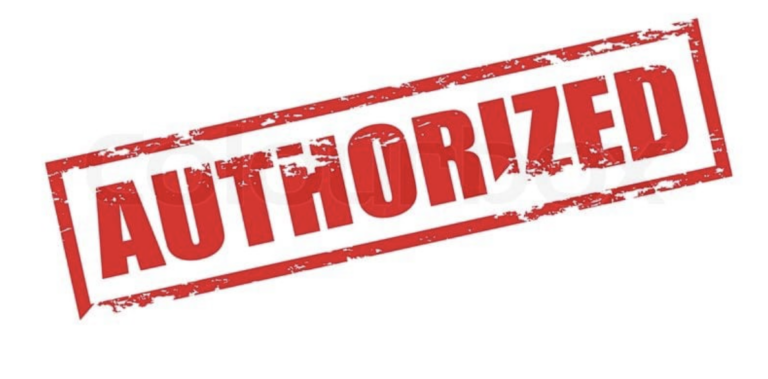How to Use Modifiers on Physical Therapy Claims: Tips for Private Practice PTs
If you are a physical therapist in private practice, it is important to understand modifiers and when to use them on insurance claims. If modifiers are not used correctly, your claim may be denied by the insurance company. In this article, we will describe the proper use of modifiers for CPT codes that are billed for physical therapy treatments.
Modifiers are codes that are added to a CPT code to describe the type of service that was provided. There are two types of modifiers: procedure modifiers and diagnosis modifiers. Procedure modifiers are used to describe the type of procedure that was performed, such as whether it was an outpatient or inpatient procedure. Diagnosis modifiers are used to describe the diagnosis or condition that was treated.
There are many different modifiers that can be used for physical therapy CPT codes. Some of the most common modifiers include:
-22: Increased services
-52: Reduced fee
-59: distinct procedural service
-95: Telehealth
-96: Habilitative services
-97: Rehabilitative services
-CO: Service performed by a COTA
-CQ: Service performed by a PTA
-GN: Service performed by a SLP
-GO: Service performed by a OT
-GP: Service performed by a PT
-KX: Medicare cap exceeded
Using modifiers correctly can be confusing and time-consuming. However, it is important to take the time to learn about modifiers and how to use them correctly. By understanding modifiers and using them properly, you can avoid claim denials and get reimbursed for the physical therapy services.
Understanding the Rehab Modifiers:
The -22 modifier is used when the physical therapist provides a service that is significantly above the average. An example of this is if the patient has a lot of swelling and the physical therapist provides manual lymphatic drainage in conjunction with the “typical” treatment for this diagnosis.
The -52 modifier is used when the service is reduced or less than what was expected. An example of this would be if the patient only receives 30 minutes of PT instead of the 45 minutes that was scheduled.
The -59 modifier is used when the physical therapist provides a service that is distinct or separate from other services provided. This modifier tends to be the most utilized modifier in the therapy world.
The -95 modifier is used when the physical therapy services are provided via telehealth.
The -96 modifier is used when the physical therapy services are habilitative in nature. The -97 modifier is used when the physical therapy services are rehabilitative in nature.
The CO, CQ, GO, GP modifiers are all modifiers that indicate who performed the service. CO stands for Certified Occupational Therapy Assistant, CQ stands for Certified Physical Therapy Assistant, GO stands for Licensed Occupational Therapist, and GP stands for Physical Therapist.
The KX modifier is used when the Medicare patient has exceeded the therapy cap. Technically there is no longer a therapy cap for Medicare patients. However, you are still required to add the KX modifier after the patient reaches a certain threshold dollar amount.
What are CCI Edits?
CCI Edits is something that anyone billing physical therapy treatment codes should be familiar with. CCI edits are a list of CPT codes that are billed in physical therapy; this list states any codes that cannot be billed on the same date of service without using a modifier. If a patient receives two services on the same day and they are on the CCI edits list, modifiers must be used in order to get reimbursed by the insurance company.
An example of this would be if a patient received physical therapy treatment code 97140 (Manual Therapy) and 97116 (Gait Training), which are both on the CCI edits list. In order to get reimbursed, modifier -59 would need to be added to one of these codes. By adding modifier -59, you are indicating that these two services were performed on different parts of the body or at different times during the day.
CCI edits are constantly changing, so it is important to stay up-to-date on the most current list on the CMS website. Utilizing these modifiers properly will help to save time and money in your practice, so be familiar with them!





